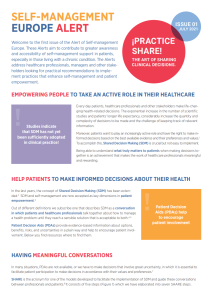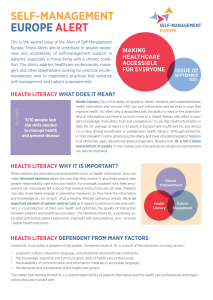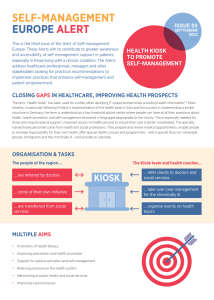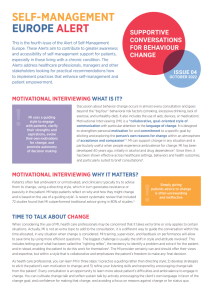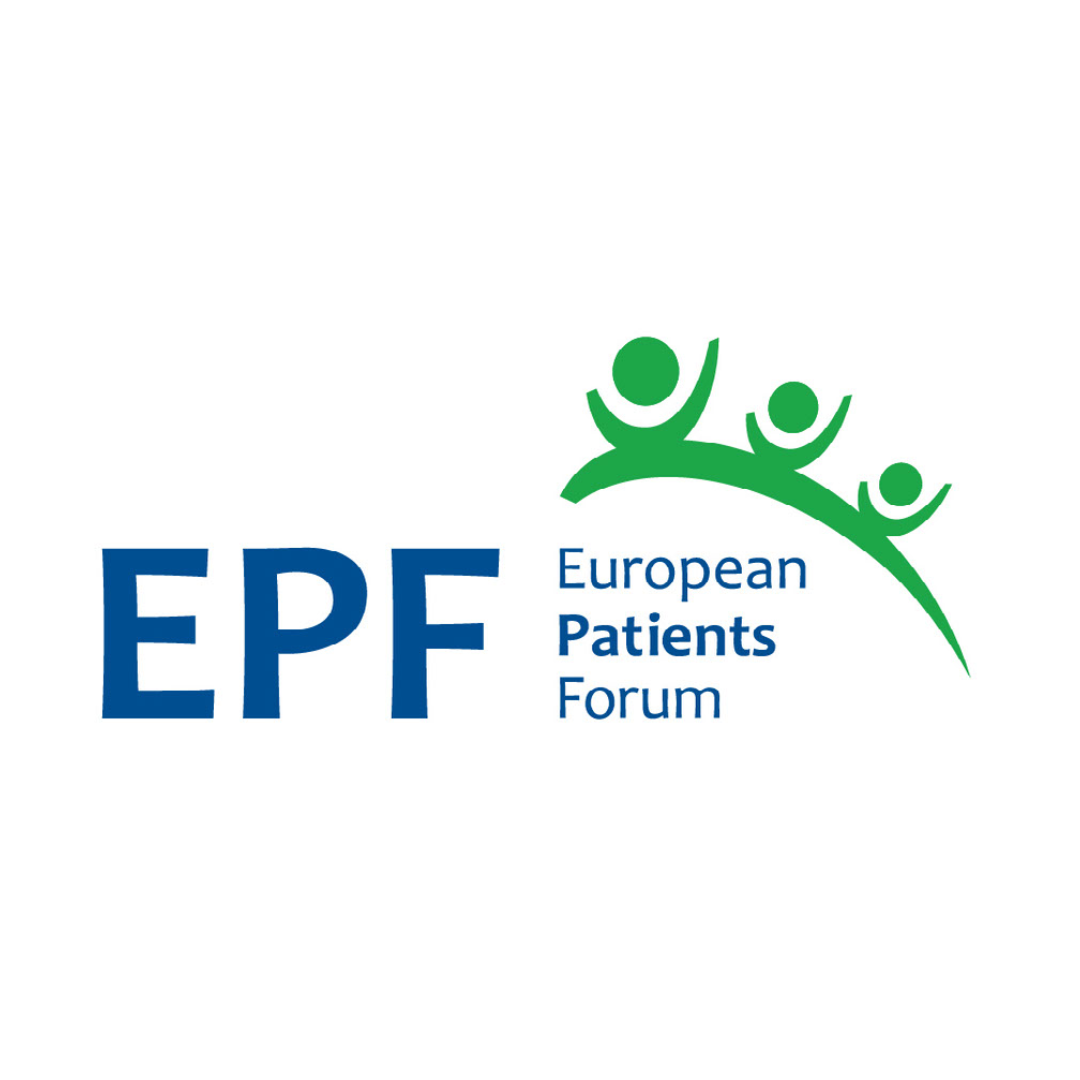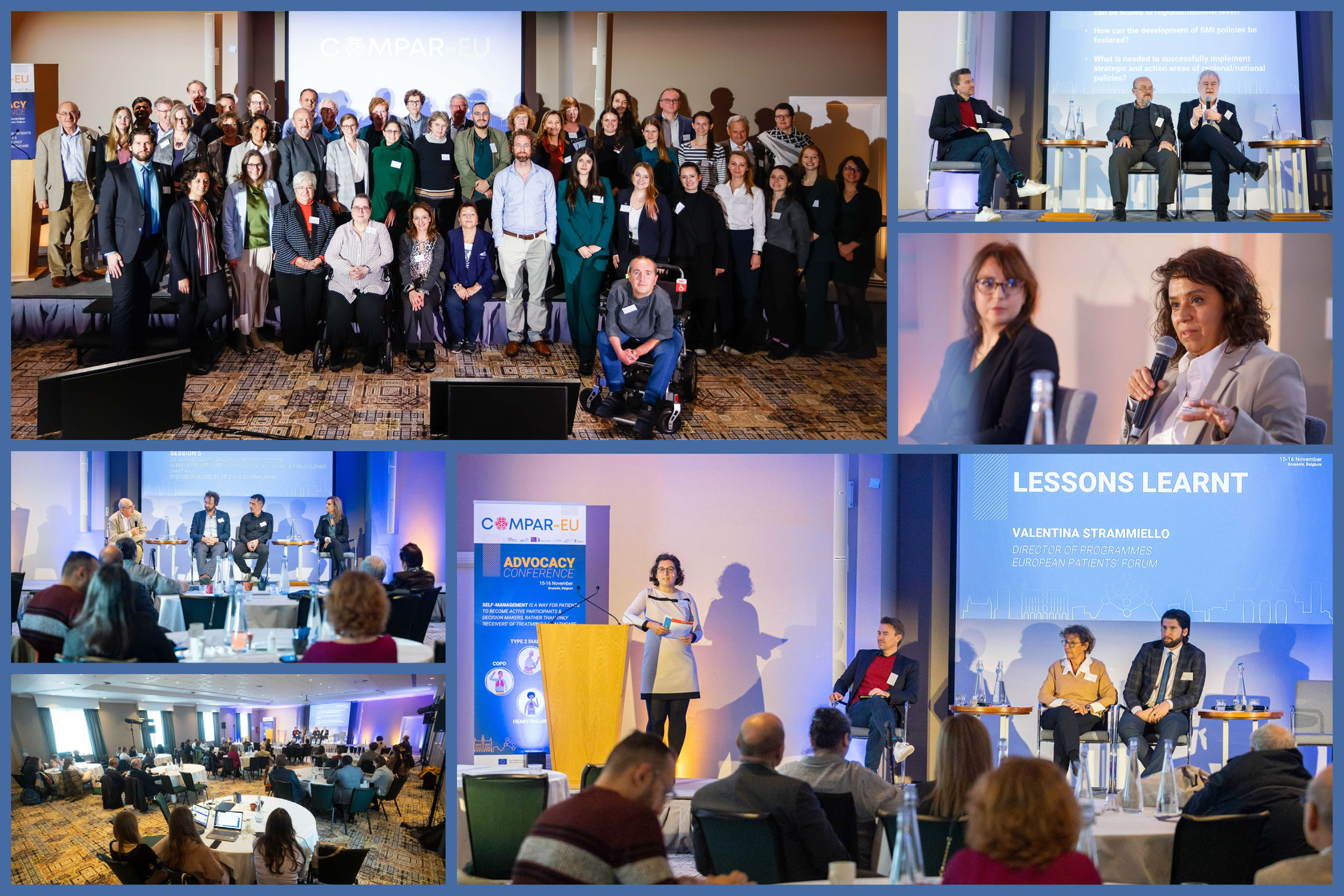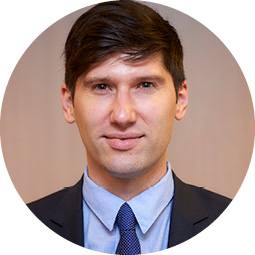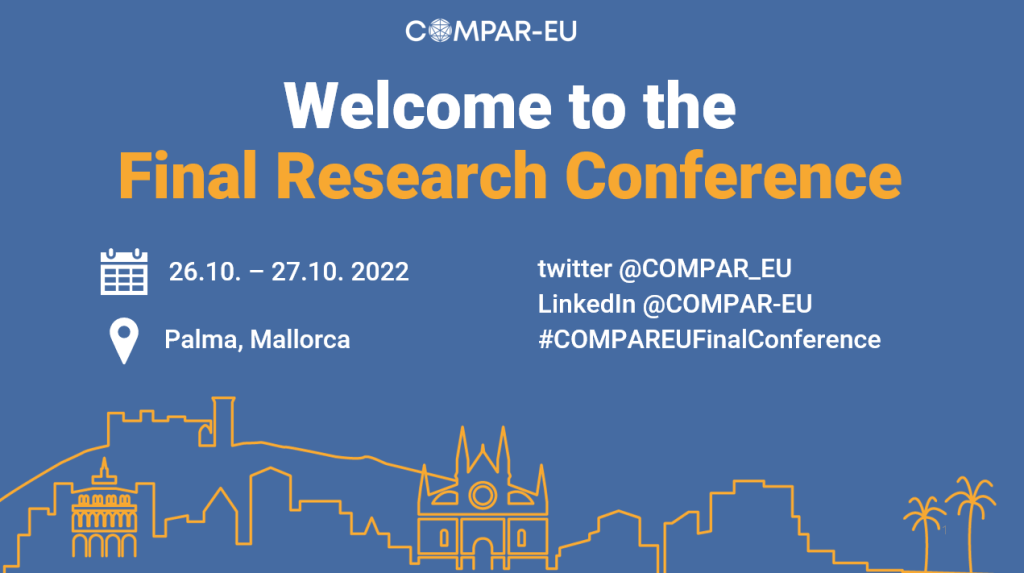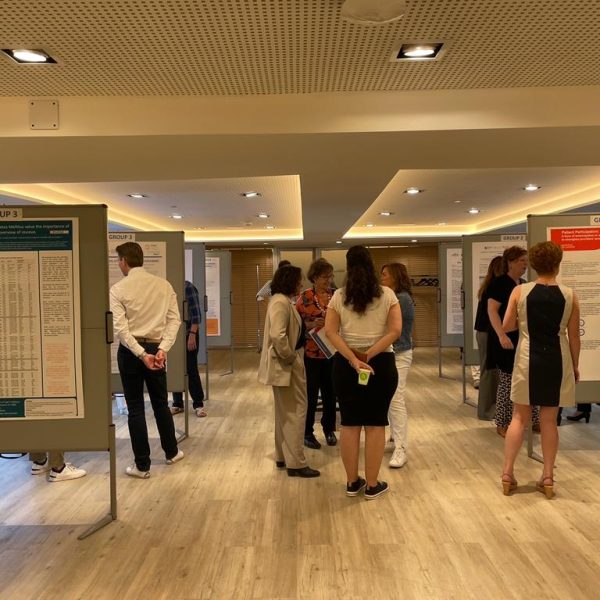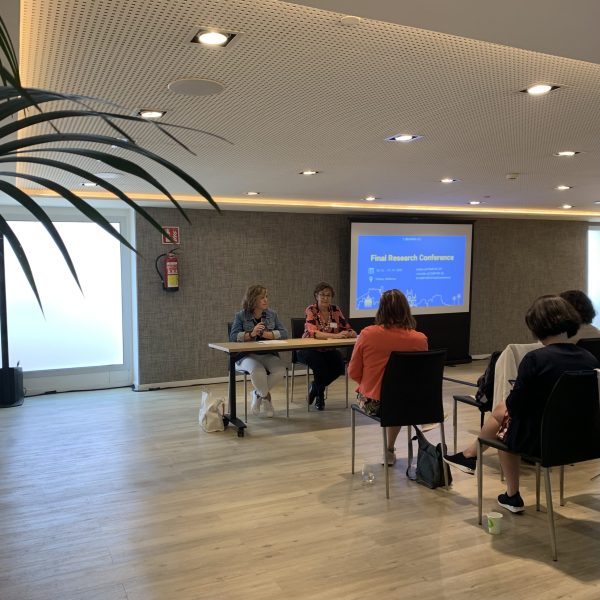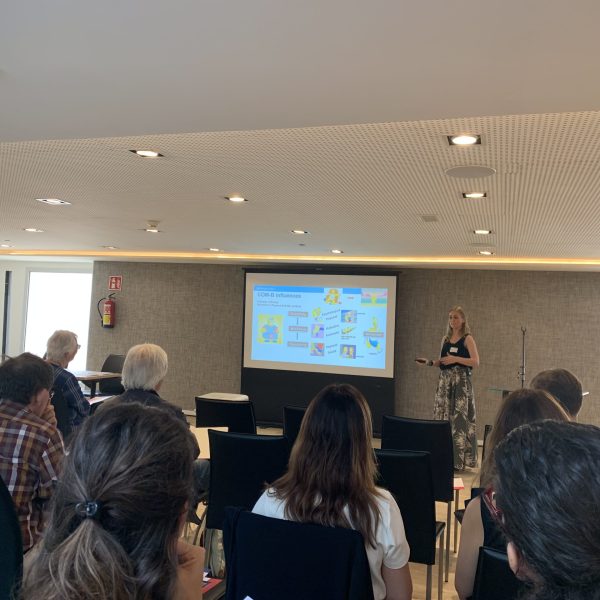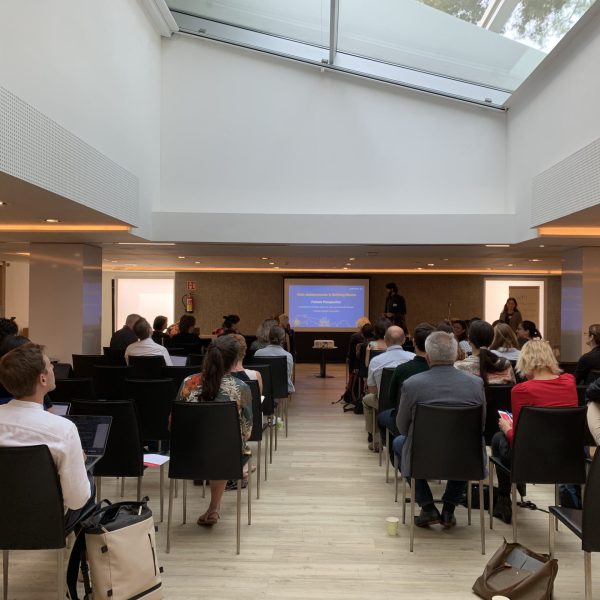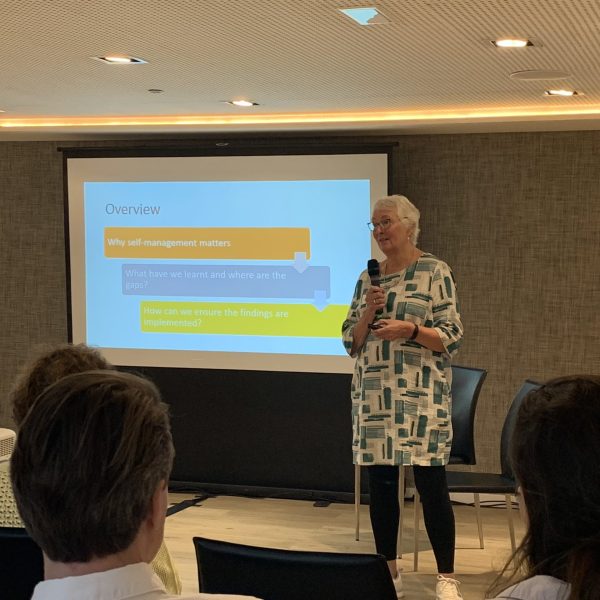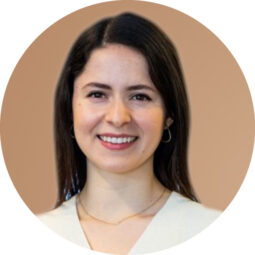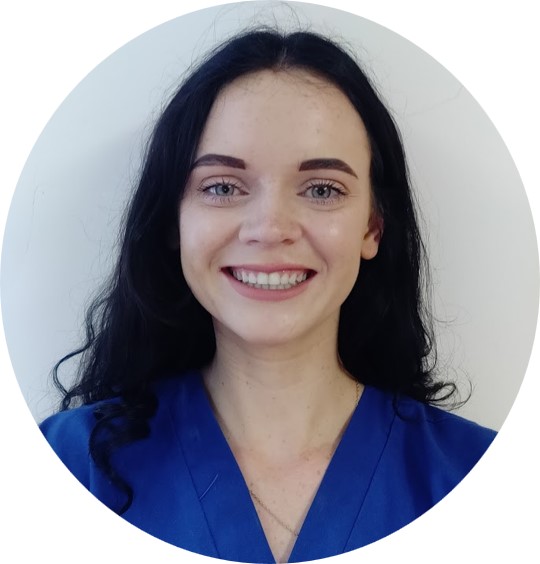
A deeper perspective on SMIs
Self-management interventions (SMIs) relate to steps taken by individuals, families or communities to prevent, improve or manage health conditions, illnesses or diseases with or without the help of healthcare professionals [1]. The effect of SMIs can be measured by a range of concepts such as the level of self-efficacy, knowledge and the quality of life of the person with the chronic disease, among many others. COMPAR-EU studies outcomes which have been deemed relevant by patients, healthcare professionals and researchers.
The SMIs used in the realm of chronic diseases have a gender component. While sex and gender can sometimes be conflated, it is important that we first define these terms. Sex is determined by biology, anatomy, and physiology, while gender can be viewed as a broad, psychosocial construct. Gender encapsulates socially and culturally determined roles, behaviours, attitudes, identities and norms between men, women and gender-diverse people [2]. Sex and gender are often intertwined but do not necessarily correlate.
A gender perspective
Historically, women have been omitted from research and clinical trials. Research that did include women did not segregate the data by sex or gender to better understand women’s positions, perspectives and outcomes [3].
There are a number of basic SMIs which can reduce a person’s risk of chronic disease, improve their health status or reduce the likelihood of further deterioration of their health condition. These include regular exercise, the maintenance of a healthy diet and abstinence from smoking. However, the barriers to achieving a healthier lifestyle can differ for men and women.
SMI techniques and additional risks differ by gender
The prevalence of obesity is higher in women compared to men [4]. Many young girls, who would have once considered themselves sporty, leave sports clubs once they reach adolescence [5]. Sport is often not as well promoted and encouraged for women in society as it is for men, and sports clubs may not be designed to support young women’s needs. As adults, women are more likely to perform zero hours of physical activity per week compared to men [6]. However, women are responsible for 3 times more unpaid care and domestic work compared to men [7]. In the EU, 80% of care work is informal and the vast majority of informal carers are women [8]. As a result, there is often less opportunity for women to do physical exercise and factor in a healthy diet. For countless women, unpaid caring roles are prioritised over the self-management of their own health [9]. Obesity can have a profound impact on a woman’s health, it can present as a serious risk factor for a myriad of complications during pregnancy and it can affect the health of future generations.
Diabetes is another chronic disease which can be prevented and managed with a healthy diet and physical exercise. SMIs for diabetes can be more complex for women compared to men due to presence of female hormones. During a woman’s reproductive years, diabetes can disrupt the normal menstrual cycle. Conditions such as oligomenorrhea and amenorrhea are common, and diabetes can lessen the number of reproductive years leading to fertility concerns [10]. Furthermore, women with diabetes have a higher risk of cardiovascular disease compared with men [11]. Thus, women have a number of additional risks and concerns in the self-management of diabetes which may not be relevant to men.
In all EU countries except for Denmark, more men are daily smokers compared to women [6], yet women who smoke cigarettes have more difficulty permanently quitting compared to men [12]. Smoking cessation is vitally important for women, as female smokers are more likely to develop COPD and experience heart failure compared to male smokers [13, 14]. Once COPD, heart disease or other chronic illness is diagnosed it is strongly recommended that the individual reduce or abstain from smoking [15]. The addiction pathways between men and women can differ, with women more likely to smoke as a stress response, while men are more susceptible to environmental cues and generally have a greater dependence on nicotine [16]. Thus, nicotine patches may be more effective for men than women. Tactics to encourage individuals to quit smoking must address these gender differences.
A way forward
For many women, SMIs are not an empowered choice but their only solution to managing chronic disease. Competing responsibilities between employment and unpaid care work may prevent women from visiting a healthcare facility. Women are more likely to be out of work, in temporary, or part-time work compared to men [17] and women represent the majority of low earners [18]. Thus women may be unable to take a sick day from work or may not have the financial capacity to pay to see a healthcare professional, where healthcare is not free at the point of use. In patriarchal societies and communities, women may depend on a male partner or family member for transport to a health facility and thus, may have to forgo treatment when none is available.
Compliance with an agreed treatment regime is of crucial importance. This is dependent on the support, trust and good communication with the healthcare provider. It is also important that other sources of information that a patient may utilise are reputable and verified. Compliance will only succeed if treatments are tailored to the patients’ needs and the patient is supported to continue with treatment and address any challenges or barriers that they may face. There is evidence to suggest that women seek more emotional supports compared to men and these in turn have an effect on their health outcomes in chronic disease [19]. Thus it is pertinent that support groups, counselling services and other psychosocial supports are available, accessible and appropriate for women as they navigate life with a chronic disease.
Reducing the global burden of non-communicable diseases is listed as a target of the Sustainable Development Goals [20]. To effectively achieve this, gender and its impacts must be adequately considered. While it is important to understand the gender differences in the self-management of chronic diseases, a life-course approach must also be taken which details how gender can impact SMIs at different life stages.
References
[1] COMPAR-EU. COMPAR-EU. 2022 06 December 2022]; Available from: www.self-management.eu.
[2] Smith, P.M. and M. Koehoorn, Measuring gender when you don’t have a gender measure: constructing a gender index using survey data. International Journal for Equity in Health, 2016. 15(1).
[3] Yakerson, A., Women in clinical trials: a review of policy development and health equity in the Canadian context. International Journal for Equity in Health, 2019. 18(1).
[4] Cooper, A.J., et al., Sex/Gender Differences in Obesity Prevalence, Comorbidities, and Treatment. Curr Obes Rep, 2021. 10(4): p. 458-466.
[5] Alberga, A.S., et al., Overweight and obese teenagers: why is adolescence a critical period? Pediatric Obesity, 2012. 7(4): p. 261-273.
[6] ECIR data tool. 2019 06 December 2022]; Available from: https://cancer-inequalities.jrc.ec.europa.eu/.
[7] Seedat, S. and M. Rondon, Women’s wellbeing and the burden of unpaid work. BMJ, 2021: p. n1972.
[8] EC, Informal care in Europe. 2018: Luxembourg.
[9] Nguyen, T.N.M., et al., Systematic review of perception of barriers and facilitators to chronic disease self‐management among older adults: Implications for evidence‐based practice. Worldviews on Evidence-Based Nursing, 2022. 19(3): p. 191-200.
[10] Livshits, A. and D.S. Seidman, Fertility Issues in Women with Diabetes. Women’s Health, 2009. 5(6): p. 701-707.
[11] Peters, S.A.E., R.R. Huxley, and M. Woodward, Diabetes as a risk factor for stroke in women compared with men: a systematic review and meta-analysis of 64 cohorts, including 775 385 individuals and 12 539 strokes. The Lancet, 2014. 383(9933): p. 1973-1980.
[12] Smith, P.H., et al., Sex/gender differences in smoking cessation: A review. Preventive Medicine, 2016. 92: p. 135-140.
[13] WHO, Gender, Women and the Tobacco Epidemic. 2022, World Health Organization: Manila, the Philippines.
[14] Huxley, R.R. and M. Woodward, Cigarette smoking as a risk factor for coronary heart disease in women compared with men: a systematic review and meta-analysis of prospective cohort studies. Lancet, 2011. 378(9799): p. 1297-305.
[15] Son, Y.-J. and H.-J. Lee, Association between persistent smoking after a diagnosis of heart failure and adverse health outcomes: A systematic review and meta-analysis. Tobacco Induced Diseases, 2020. 18(January).
[16] NIH. Are there gender differences in tobacco smoking? 2022 06 December 2022]; Available from: https://nida.nih.gov/publications/research-reports/tobacco-nicotine-e-cigarettes/are-there-gender-differences-in-tobacco-smoking.
[17] Eurostat. More people in work. 2022 06 Dec 2022]; Available from: https://ec.europa.eu/eurostat/cache/digpub/european_economy/bloc-1d.html?lang=en.
[18] Eurofound. Minimum wage – Yet another gender divide? 2021 06 December 2022]; Available from: https://www.eurofound.europa.eu/publications/blog/minimum-wage-yet-another-gender-divide.
[19] Dwarswaard, J., et al., Self-management support from the perspective of patients with a chronic condition: a thematic synthesis of qualitative studies. Health Expectations, 2016. 19(2): p. 194-208.
[20] UN. The Sustainable Development Goals. 2015 06 December 2022]; Available from: https://sdgs.un.org/goals.

Aoibhinn Collery
Aoibhinn Collery is the Research & Communications Officer at the European Institute of Women’s Health, a NGO that promotes gender equity in public health, research and social policies. She holds a MSc in Global Health and a BSc in Radiation Therapy. She has previously worked in Communications and Grant Management, as Conference Coordinator, and Aoibhinn worked as a Senior Radiation Therapist in Ireland for a number of years.


